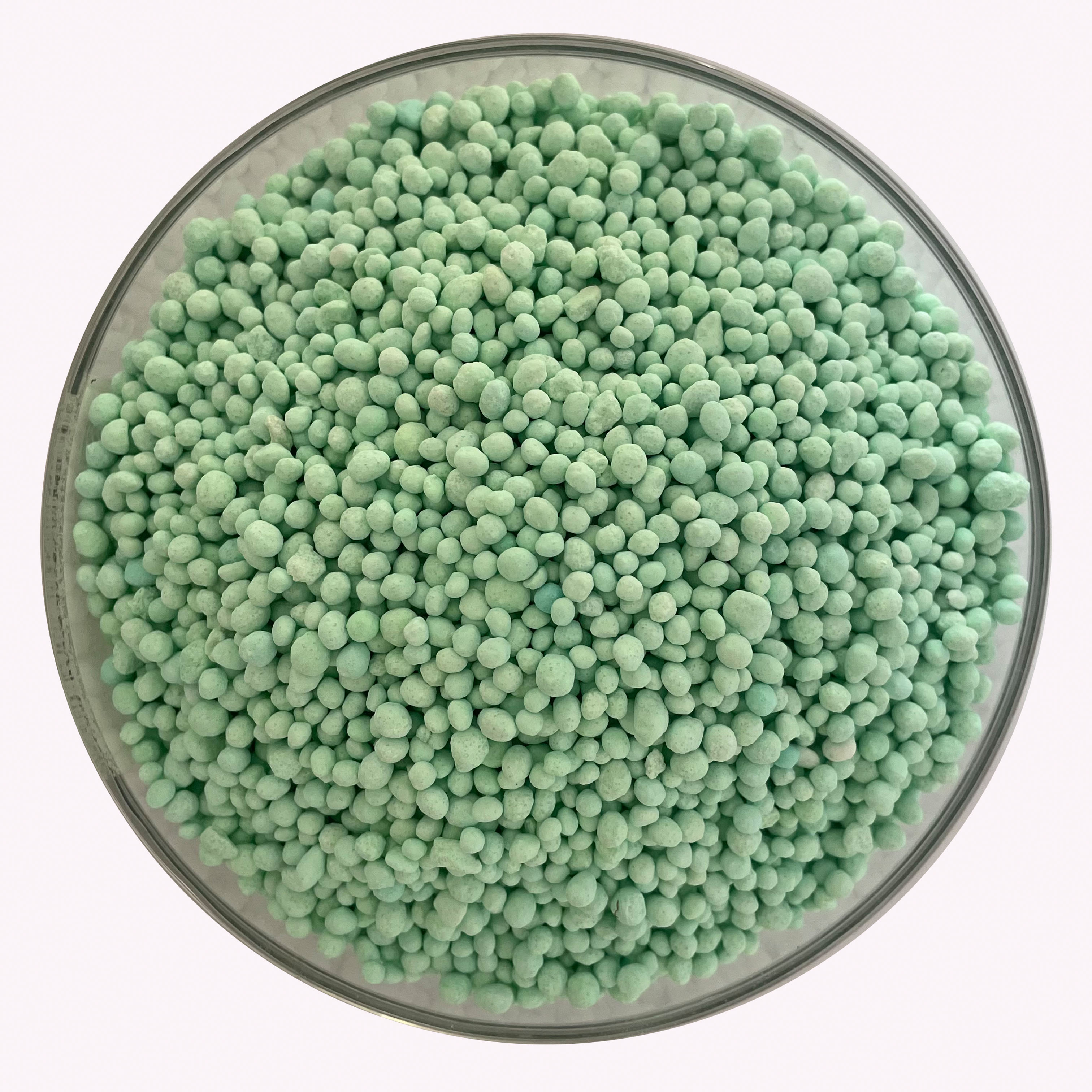
Aug . 13, 2024 06:52 Back to list
Exploring Sustainable Practices in Organic Fruit Fertilizer Manufacturing and Their Environmental Impact
The Rise of Organic Fruit Fertilizer Factories Cultivating a Sustainable Future
In recent years, the demand for organic products has surged, influencing various agricultural practices worldwide. This increase in demand has led to the emergence of organic fruit fertilizer factories, which play a crucial role in supporting sustainable farming and enhancing the quality of organic produce.
Organic fruit fertilizers are derived from natural sources, such as plants, animal manure, compost, and other organic materials. These fertilizers are essential in providing vital nutrients to fruit crops while ensuring that the soil remains healthy and biologically diverse. Unlike conventional chemical fertilizers, organic fertilizers improve soil structure, enhance water retention, and encourage beneficial microbial activity, all of which contribute to the long-term health of the environment and agricultural systems.
As the global population grows, the need for sustainable farming practices becomes increasingly urgent. Organic fruit fertilizer factories are at the forefront of this transformation. They focus on creating fertilizers that minimize the ecological footprint of agriculture. By processing organic materials into nutrient-rich fertilizers, these factories help reduce waste and promote recycling within the agricultural sector.
One of the key benefits of organic fruit fertilizers is their ability to improve crop yields while maintaining the integrity of the ecosystem. Research has shown that fruits grown with organic fertilizers tend to have higher levels of vitamins and minerals, offering consumers healthier options. Additionally, organic farming practices reduce chemical runoff into waterways, leading to cleaner ecosystems and healthier aquatic life.
organic fruit fertilizer factories

The establishment of organic fruit fertilizer factories also supports local economies. By sourcing raw materials from nearby farms and agricultural waste, these factories create jobs and stimulate local markets. Farmers benefit from access to affordable and effective fertilizers tailored to their specific needs, leading to increased productivity and profitability. This localized approach fosters a sense of community and encourages collaboration among farmers, researchers, and business owners.
Consumer awareness regarding the benefits of organic farming is growing. Many individuals are now actively seeking out organic fruits and vegetables, driven by a desire to lead healthier lives and contribute to environmental sustainability. As a result, farmers are increasingly turning to organic fruit fertilizer factories to enhance their crop quality and meet consumer demand. The synergy between farmers and fertilizer manufacturers creates a robust ecosystem that thrives on mutual support and shared goals.
However, the growth of organic fruit fertilizer factories is not without challenges. The initial investment for setting up such factories can be substantial, as advanced technologies and sustainable practices need to be implemented. Furthermore, securing a consistent supply of high-quality organic raw materials can be difficult, particularly as the demand for organic products continues to rise.
To overcome these challenges, collaboration between governments, agricultural agencies, and private enterprises is essential. Supportive policies and incentives can encourage the development of organic fruit fertilizer factories and promote research into innovative production methods. Educational programs can also inform farmers about the benefits of organic fertilizers, empowering them to make sustainable choices that align with their farming practices.
In conclusion, organic fruit fertilizer factories represent a growing movement towards sustainable agriculture, providing solutions that benefit both farmers and consumers. By producing natural fertilizers that enhance soil health and crop productivity, these factories play a pivotal role in supporting organic farming and promoting environmental sustainability. As the global demand for organic products continues to rise, embracing organic fertilizer production will be crucial for the health of our planet and future generations.
-
10 10 10 Fertilizer Organic—Balanced NPK for All Plants
NewsJul.30,2025
-
Premium 10 10 10 Fertilizer Organic for Balanced Plant Growth
NewsJul.29,2025
-
Premium 10 10 10 Fertilizer Organic for Balanced Plant Growth
NewsJul.29,2025
-
Premium 10 10 10 Fertilizer Organic for Balanced Plant Growth
NewsJul.29,2025
-
50 Pound Bags of 13-13-13 Fertilizer for All Plants – Bulk & Organic Options
NewsJul.28,2025
-
High-Efficiency 15-30-15 Granular Fertilizer for Healthy Crops
NewsJul.28,2025
